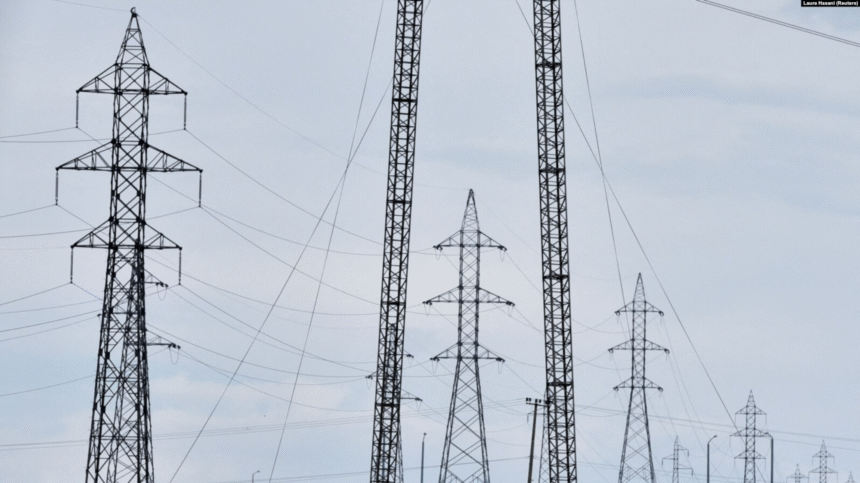As of 2025, there has been no electricity exchange between Kosovo’s KEK (Kosovo Energy Corporation) and Albania’s KESH (Albanian Power Corporation), even though the official agreement for energy swaps remains valid. The last recorded transaction was in December 2024, and for the past five months, the exchanges have been entirely halted.
This agreement, signed years ago, was designed to allow the two public energy corporations to exchange surplus electricity depending on seasonal conditions and supply needs. The exchanges were conducted based on a megawatt-for-megawatt principle.
Despite this, KEK ended 2024 with a 3,384 megawatt-hour energy obligation towards KESH. And so far in 2025, no exchanges have taken place. Meanwhile, data from KESH shows that in the most recent winter season, 4,927 megawatt-hours were deposited by Albania into KEK, a drop from 6,320 MWh in the previous winter.
The main reason behind the disruption is the integration of both Kosovo and Albania into the Albanian Power Exchange, known as ALPEX. This regional electricity market mechanism, co-owned by both countries, has shifted the priority from bilateral cooperation to market-based trading. According to KEK, all available free transmission capacity from December 2024 onwards is being allocated to ALPEX. As a result, KEK no longer has the capacity to plan or accept surplus deposits from KESH under the old framework.
This is confirmed by both corporations. KEK stated that its priority now is to repay the energy debt owed to KESH, but since transmission capacity is now routed through the exchange, planned bilateral arrangements have become infeasible. KESH, on the other hand, explained that the implementation of ALPEX has created better opportunities for managing energy surpluses or shortages through intraday market trading, and only afterward are interconnection capacities released for other purposes.
In essence, even though the agreement between KEK and KESH remains legally in force, the operational reality has changed due to the growing role of ALPEX. The previous model of strategic energy cooperation is now being replaced by a more competitive and dynamic electricity trading system, aligned with European market practices.







